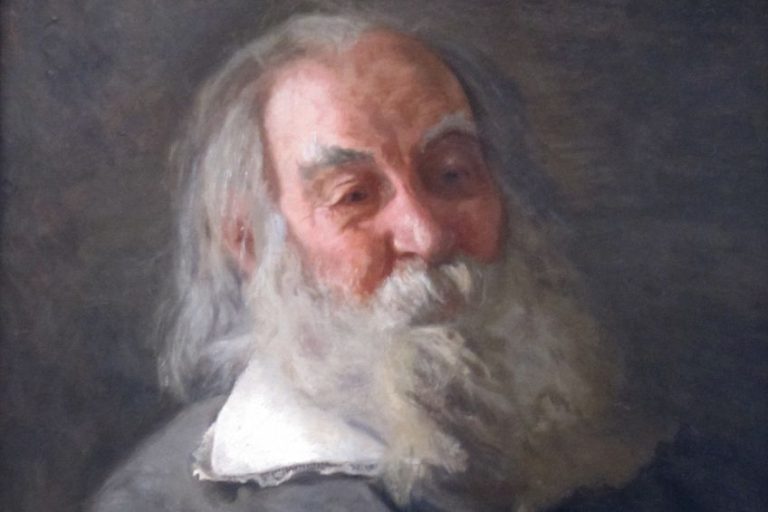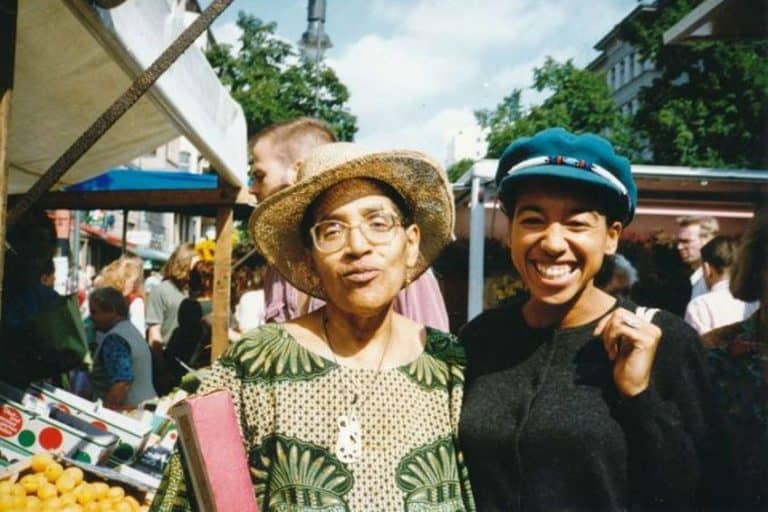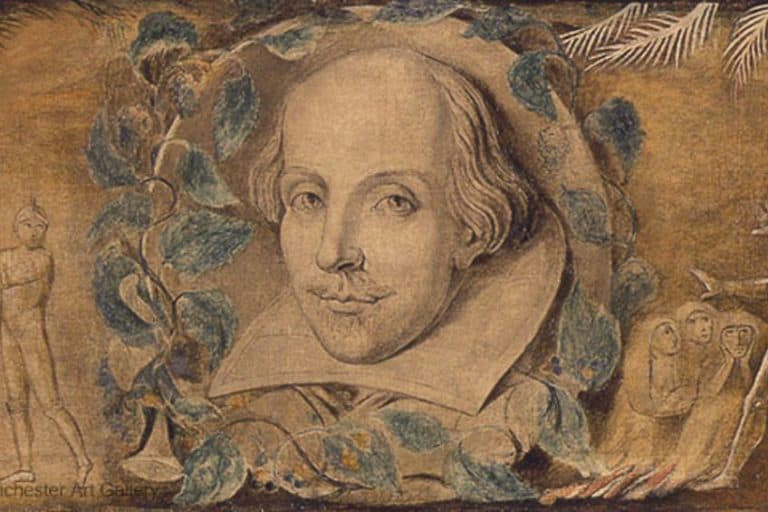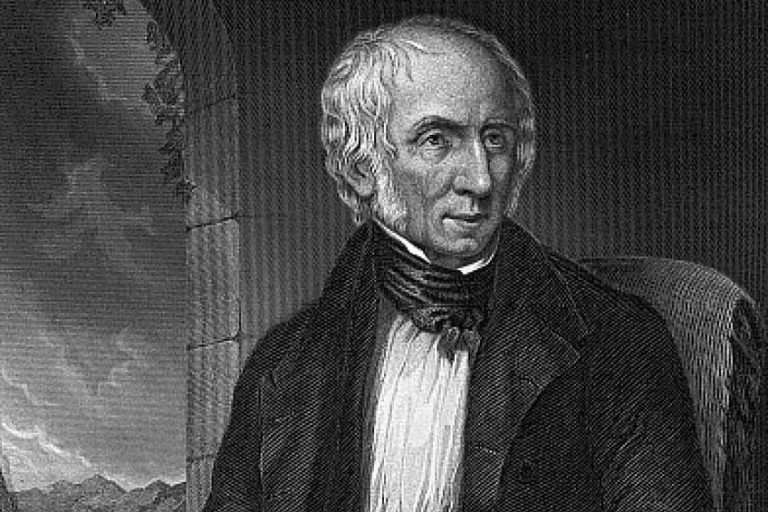Most Famous Poets – The Top 20 Best Writers of Prose
Today, we are going to have a look at some of the most famous poets to have ever lived. These are some of the most famous poets in history for a variety of reasons, and we will discuss twenty of these popular poets over the course of this article. We will point out some of the most notable aspects of these famous poets, what made them so famous, and we will mention a few of their famous poems or poetry collections. If you are interested in learning about some of the most famous poets of all time, then this should be just for you!
Table of Contents
- 1 Some of the Most Famous Poets
- 1.1 Homer (8th Century BCE) from Chios
- 1.2 Dante Alighieri (1265 – 1321) from Florence
- 1.3 William Shakespeare (1564 – 1616) from Stratford-upon-Avon
- 1.4 John Milton (1608 – 1674) from London
- 1.5 William Blake (1757 – 1827) from London
- 1.6 Robert Burns (1759 – 1796) from Alloway
- 1.7 Lord Byron (1788 – 1824) from London
- 1.8 Percy Bysshe Shelley (1792 – 1822) from Warnham
- 1.9 John Keats (1795 – 1821) from London
- 1.10 Edgar Allan Poe (1809 – 1849) from Boston
- 1.11 Walt Whitman (1819 – 1892) from Huntington
- 1.12 Emily Dickinson (1830 – 1886) from Amherst
- 1.13 Oscar Wilde (1854 – 1900) from Dublin
- 1.14 W. B. Yeats (1865 – 1939) from Sandymount
- 1.15 Ezra Pound (1885 – 1972) from Hailey
- 1.16 T. S. Eliot (1888 – 1965) from St. Louis
- 1.17 e.e cummings (1894 – 1962) from Cambridge
- 1.18 Charles Bukowski (1920 – 1994) from Andernach
- 1.19 Ted Hughes (1930 – 1998) from Mytholmroyd
- 1.20 Sylvia Plath (1932 – 1963) from Boston
- 2 Frequently Asked Questions
Some of the Most Famous Poets
Trying to narrow down a list of the greatest poets of all time can be a very difficult thing for a number of reasons. Some of the most obvious issues with this include the fact that fame is a subjective thing, and so while some may agree with these being some of the most famous poets in history, others may disagree. Fame is often associated with influence, but some of the most influential poets, as in those who invented forms or innovated in a variety of ways, are not always the most famous.
For that reason, there are some choices in this list that you may not agree with. Perhaps you feel that some of the greatest poets of all time have been excluded from this list, and it is, sadly, impossible to discuss every single great, famous, influential, and popular poet in one list in one article. This is doubly true for poets who are very particular to a certain culture or language.

Most of the poets that we have discussed in this article wrote in the English language. Those who didn’t write in English are generally considered to be such major writers that their work has been extensively translated into a variety of other languages. This is especially true of a figure such as the very first one on this list, who is considered to be one of the greatest poets of all time and an immensely important figure in the development of Western literature in general.
Lastly, this list is in chronological order, and it does not attempt to classify according to some measure of who is the most famous. However, chronological arrangements of influence can also often correlate with influence as the older the poet, the more likely they are to have influenced more poets over the years. A fantastic poet who published their first poem a year ago is not as likely to have influenced as many people as someone who wrote over two millennia ago.
So, now that those points are out of the way, let’s look at twenty of the most famous poets in history.
Homer (8th Century BCE) from Chios
| Poetic Movement | Classical poetry |
| Years | 8th century BCE |
| Place of Birth | Possible Chios, Greece |
| Known For | The Iliad and The Odyssey (8th century BCE) |
Homer is the best-known and most influential poet from the ancient Greek period. His works would go on to inspire the majority of Greek poetry that followed on from him, and his work was even exalted by philosophical figures like Aristotle.
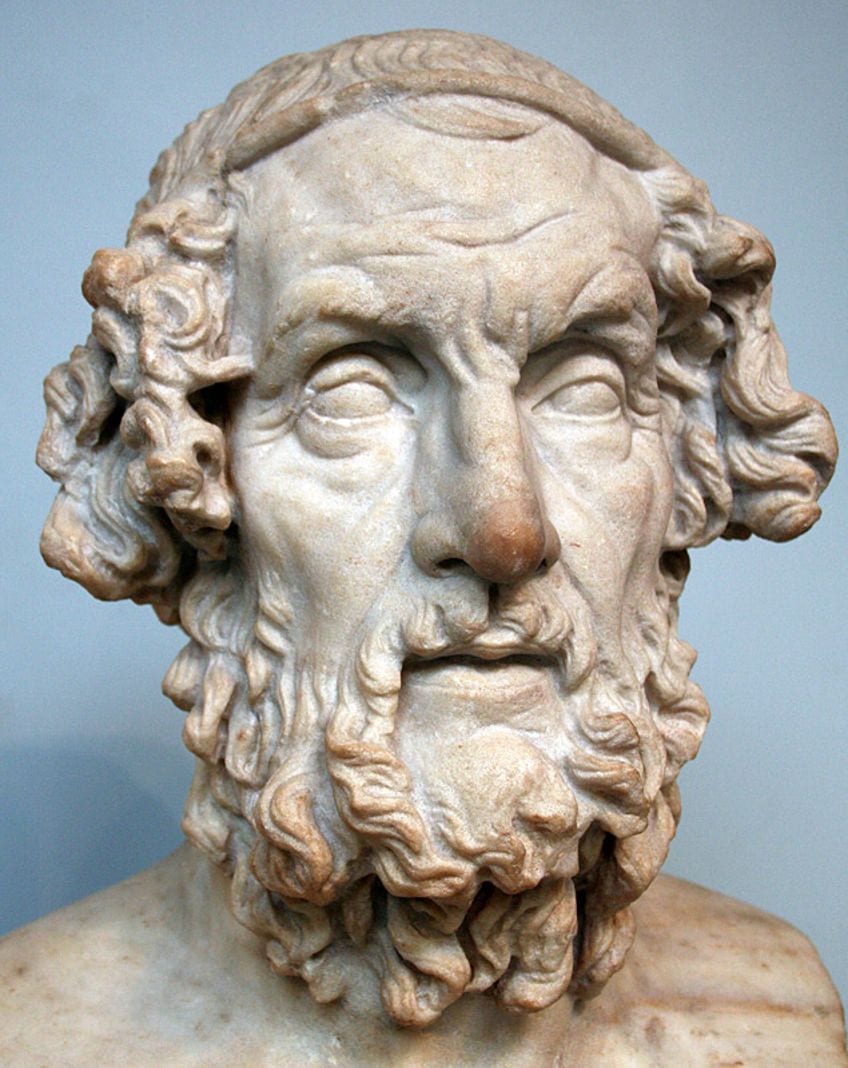
He is best known for the epics The Iliad and The Odyssey, and his work would even go on to be foundational in later understandings and interpretations of ancient Greek myth.
The influence that this figure exerted on poetry over the centuries cannot be understated.
Dante Alighieri (1265 – 1321) from Florence
| Poetic Movement | Dolce Stil Novo |
| Years | 1265 – 1321 |
| Place of Birth | Florence, Italy |
| Known For | The Divine Comedy (1308 – 1321) |
Dante Alighieri was an Italian poet who is best known for one major text known as The Divine Comedy. This text would go on to have a major influence on Catholicism, especially the first part of this text.
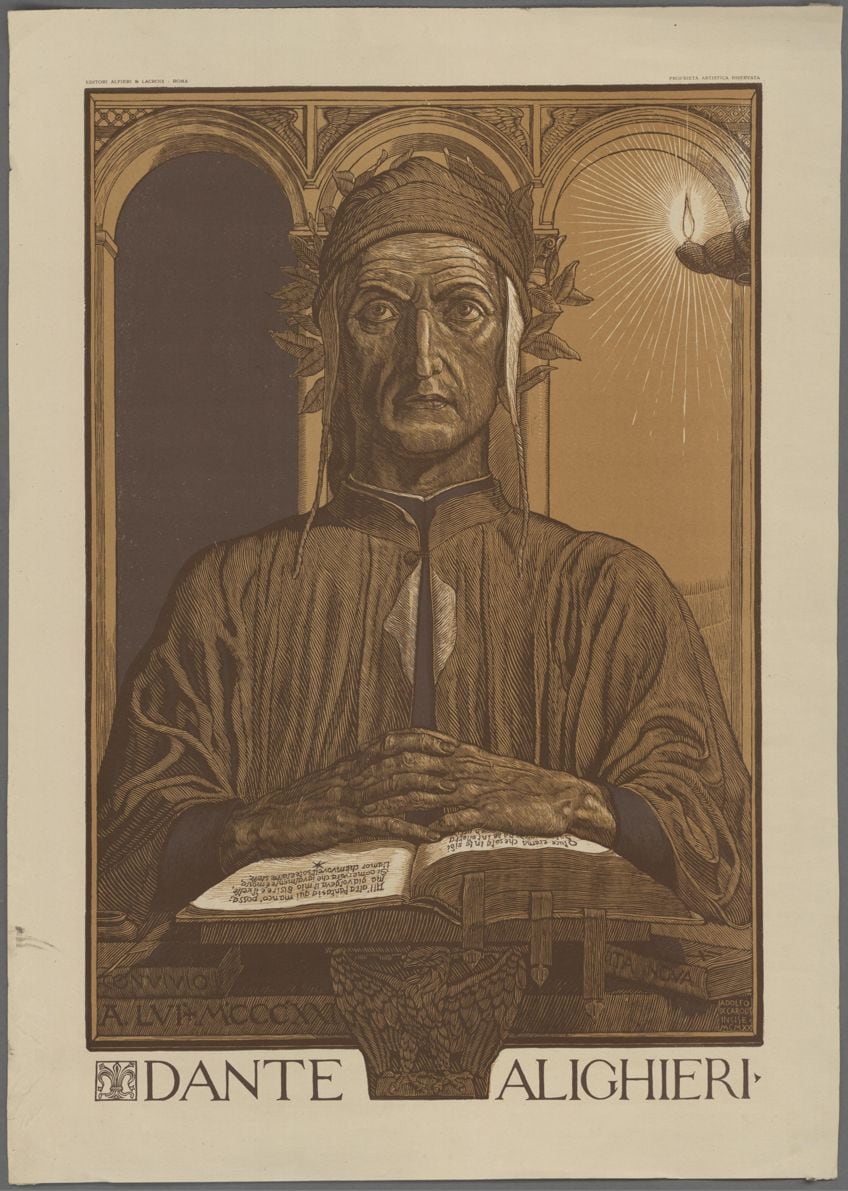
His famous poem concerns a character’s descent through the Inferno (hell), in the first part, followed by his ascent through Purgatory and then Paradise (heaven), in the second and third parts. The Inferno part of the long and complex poem is famous for its popularization of the concept of the Seven Deadly Sins.
They form the basis of the punishments that are shown in this iteration of hell.
William Shakespeare (1564 – 1616) from Stratford-upon-Avon
| Poetic Movement | English Renaissance |
| Years | 1564 – 1616 |
| Place of Birth | Stratford-upon-Avon, United Kingdom |
| Known For | The Sonnets (1609) |
William Shakespeare is, by far, the most influential figure in the history of English literature. His influence comes from far more than only his poetry though as he is best known for his many plays, such as Hamlet, Romeo and Juliet, and Macbeth).
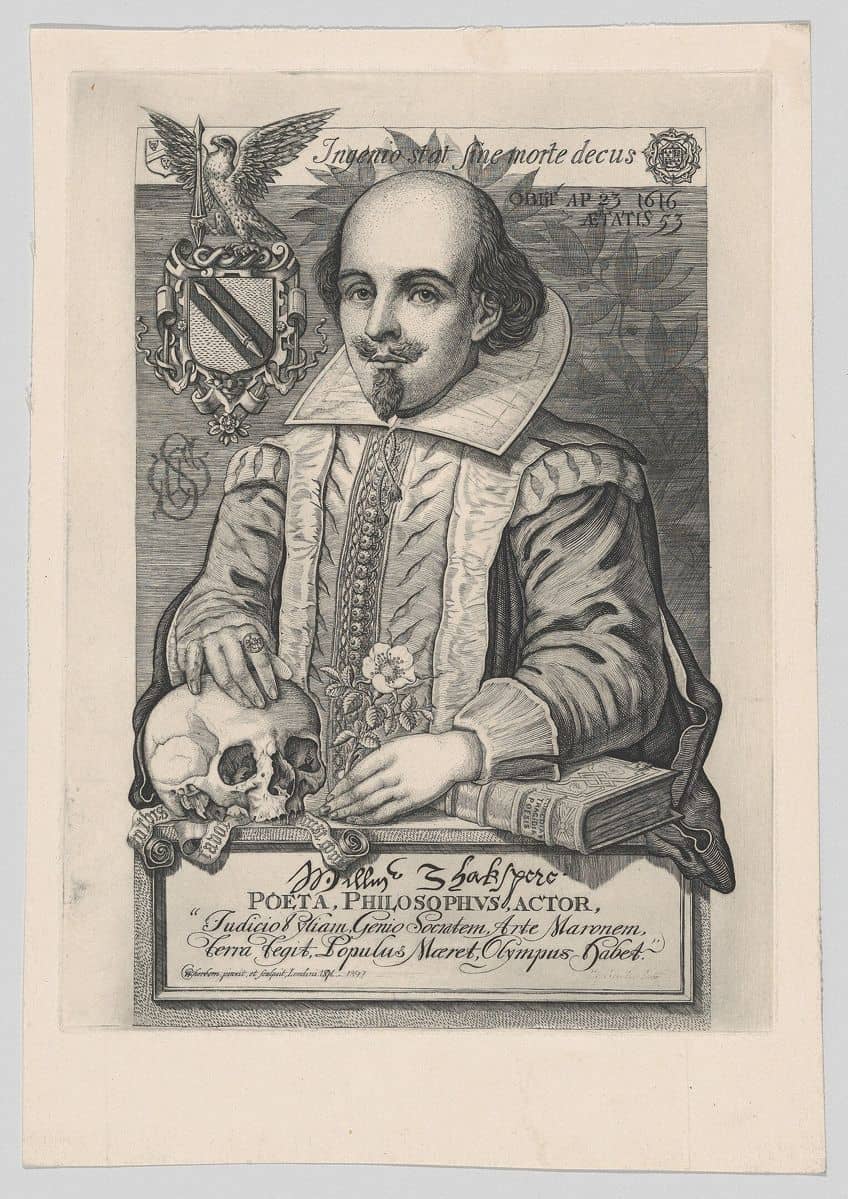
His primary poetic contribution came in the form of his collection of 154 sonnets that have solidified the use of the Shakespearean sonnet as a major aspect of English-language sonnet history. His immense influence also had an influence on the English language, as many expressions and terms that first appeared in his work have become commonly used in subsequent years.
He has also gained the title “The Bard” because of his staggering influence on practically all subsequent English writers.
John Milton (1608 – 1674) from London
| Poetic Movement | English Renaissance |
| Years | 1608 – 1674 |
| Place of Birth | London, United Kingdom |
| Known For | Paradise Lost (1667) |
John Milton was a figure who was noted as a major poet shortly after the life of William Shakespeare, and he is best known for his long religious poem Paradise Lost.

This text is concerned with the fall of Adam and Eve from the Garden of Eden and the fall of the angels from heaven, and one of the most famous lines from his text has become an immensely famous quote because Satan states at one point that “it is better to reign in Hell than serve in Heaven.”
Later in his life, he would become blind, but he continued to produce work through dictation to others.
William Blake (1757 – 1827) from London
| Poetic Movement | Romanticism |
| Years | 1757 – 1827 |
| Place of Birth | London, United Kingdom |
| Known For | Songs of Innocence and of Experience (1789) |
William Blake was a figure during the Romantic period who, unlike many of the others who would go on to immense fame, was not well-known during his life.
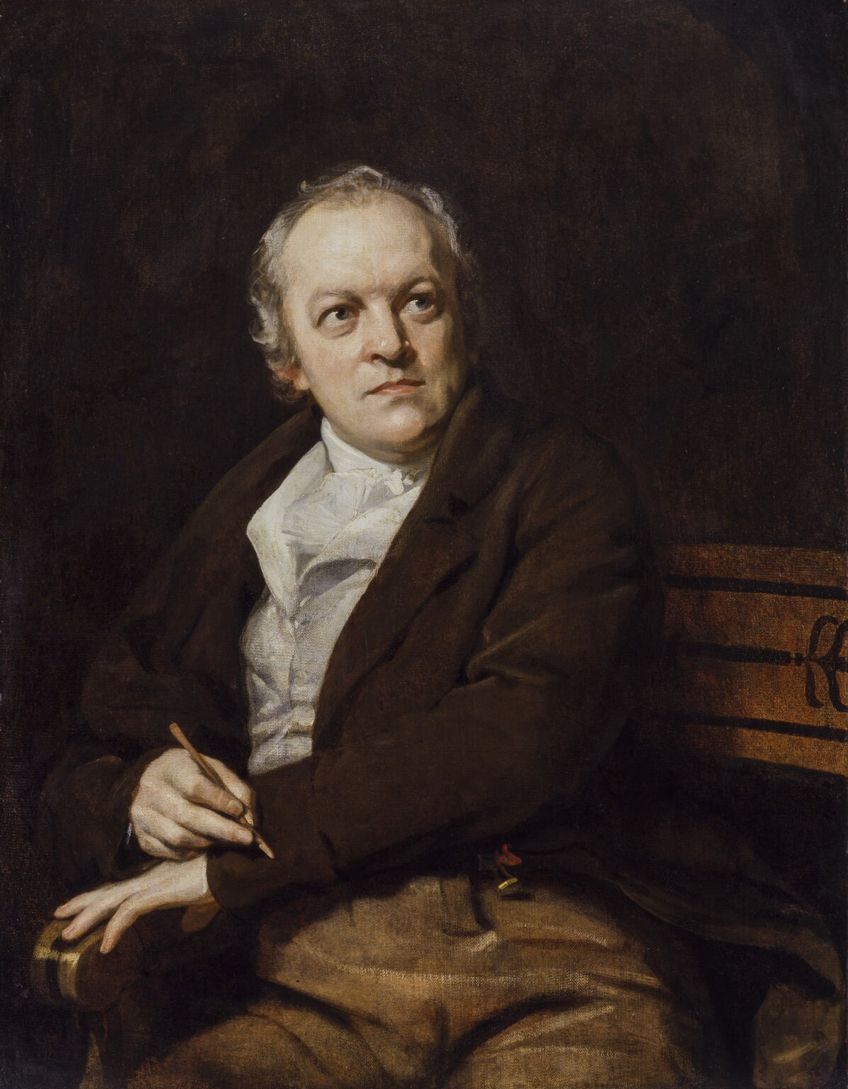
His poetry and his paintings would eventually go on to become considered some of the most important examples of poetry from the Romantic era that have ever been produced. Much of his work is focused on religious topics, and some of his most famous paintings are highly apocalyptic.
An example of this is his Great Red Dragon paintings.
Robert Burns (1759 – 1796) from Alloway
| Poetic Movement | Romanticism |
| Years | 1759 – 1796 |
| Place of Birth | Alloway, Scotland |
| Known For | To a Mouse (1785) |
Robert Burns is generally considered to be the national poet of Scotland. His work was often written in a Scottish dialect but written in such a way that it could be read outside of the country.
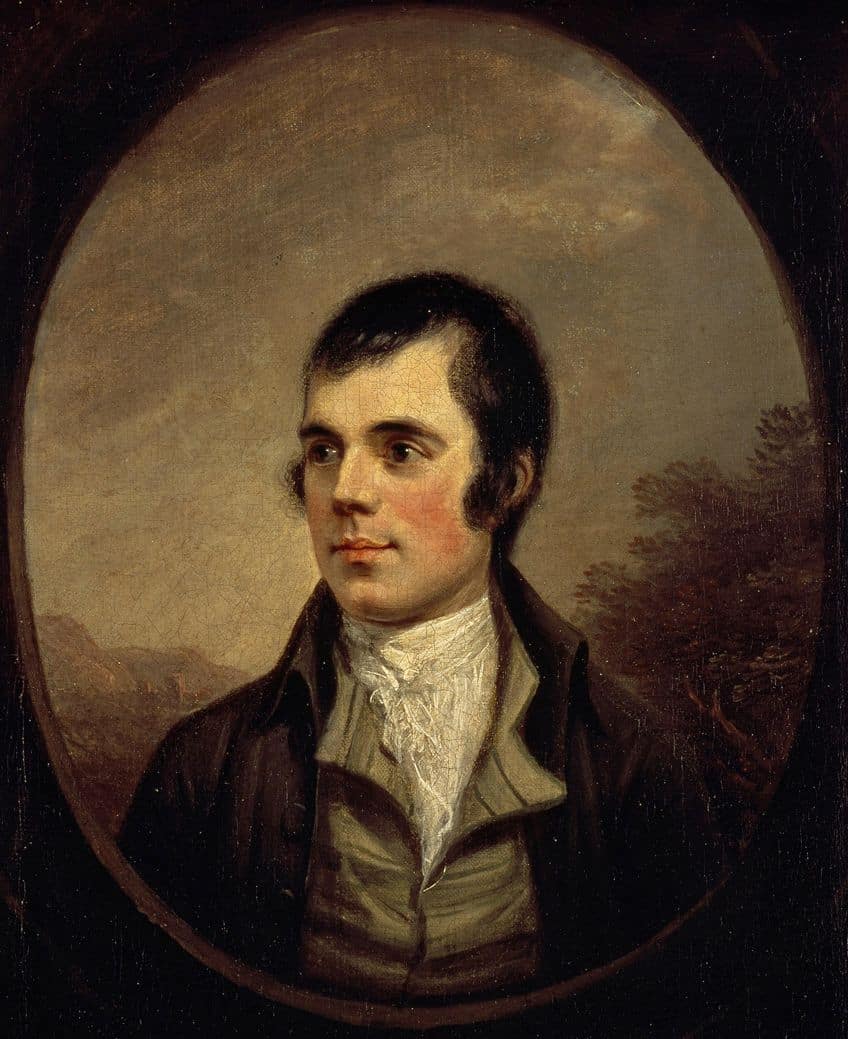
A lot of his work was political and deeply satirical in nature, and he would later go on to become an important cultural figure in Scotland to this day.
He is frequently considered to be the greatest Scottish writer in history.
Lord Byron (1788 – 1824) from London
| Poetic Movement | Romanticism |
| Years | 1788 – 1824 |
| Place of Birth | London, United Kingdom |
| Known For | Don Juan (1819 – 1824) |
Lord Byron was one of the most famous of all the Romantic poets. His work was considered integral to the movement, and some of his best-known works are his long narrative texts, like Don Juan.
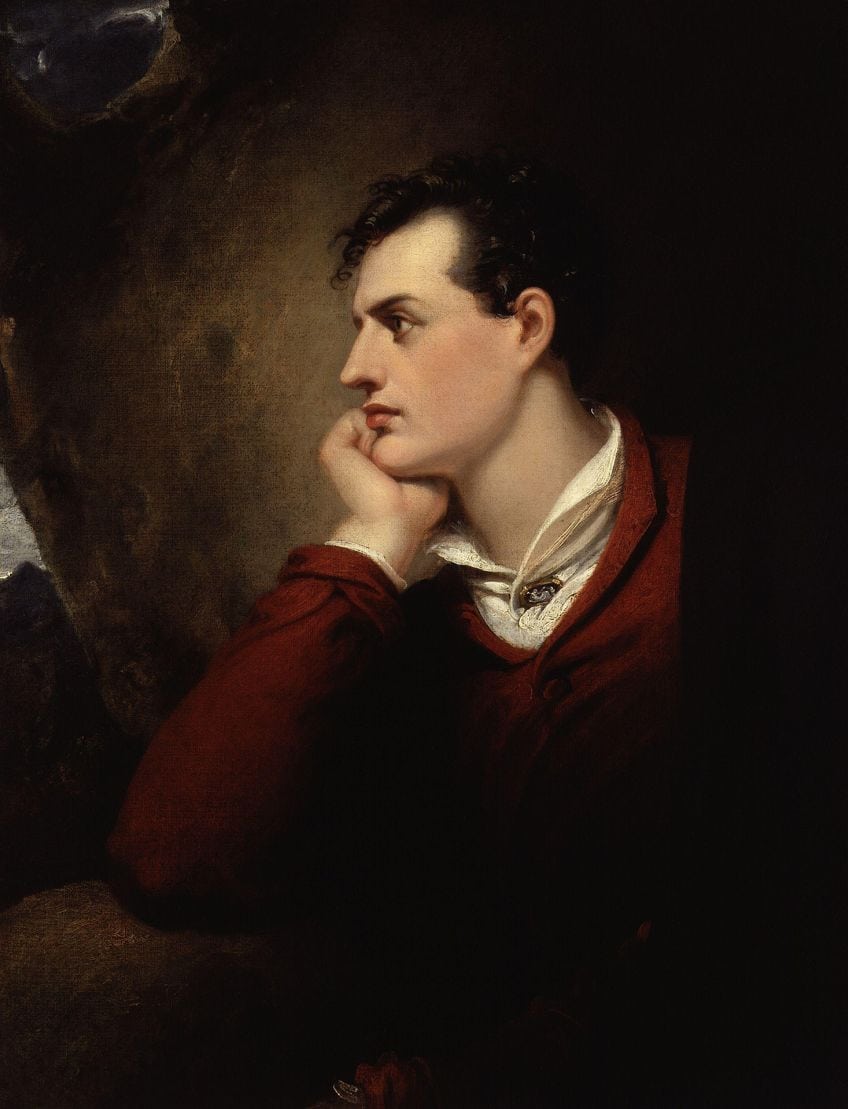
However, he is also well-known for his off-the-page behavior. He could be seen as an early model for a kind of rockstar lifestyle as he had multiple affairs and found his way into controversial events over the course of his life before dying in his mid-thirties.
His only legitimate child was the noted mathematician Ada Lovelace, who would become one of the most important figures in early computing.
Percy Bysshe Shelley (1792 – 1822) from Warnham
| Poetic Movement | Romanticism |
| Years | 1792 – 1822 |
| Place of Birth | Warnham, United Kingdom |
| Known For | Ozymandias (1818) |
Percy Bysshe Shelley was one of the most important figures in the Romantic period, and he is likely best known in the modern day for his texts like Ozymandias.
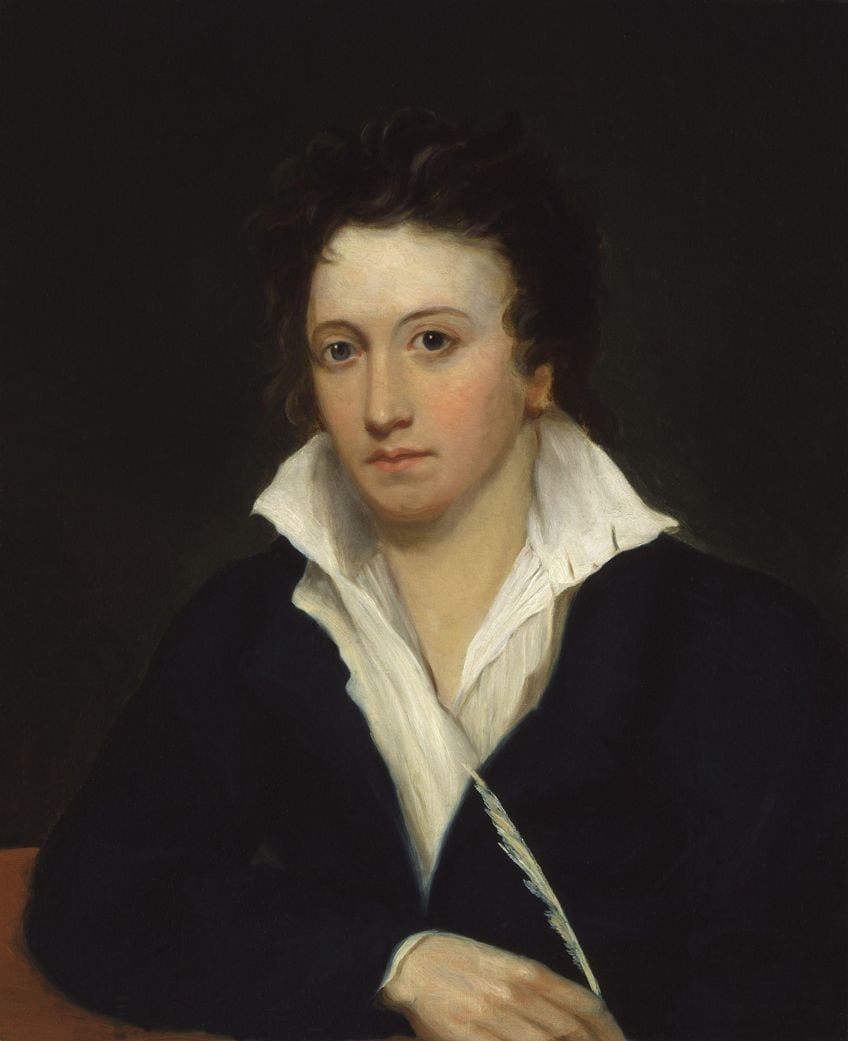
He was an idealistic figure and spent much of his personal life fighting for various social justice causes, such as standing against oppression and authority while also advocating for things like animal welfare and vegetarianism. In addition, he was married to Mary Shelley.
Mary Shelley is perhaps more famous than he is in terms of literature as she wrote the seminal and immensely influential text, Frankenstein.
John Keats (1795 – 1821) from London
| Poetic Movement | Romanticism |
| Years | 1795 – 1821 |
| Place of Birth | London, United Kingdom |
| Known For | Ode to a Nightingale (1819) |
John Keats is considered to be one of the greatest of the later generation of Romantic poets, but he only actually published his work for a handful of years before contracting tuberculosis and passing away at the age of 25.
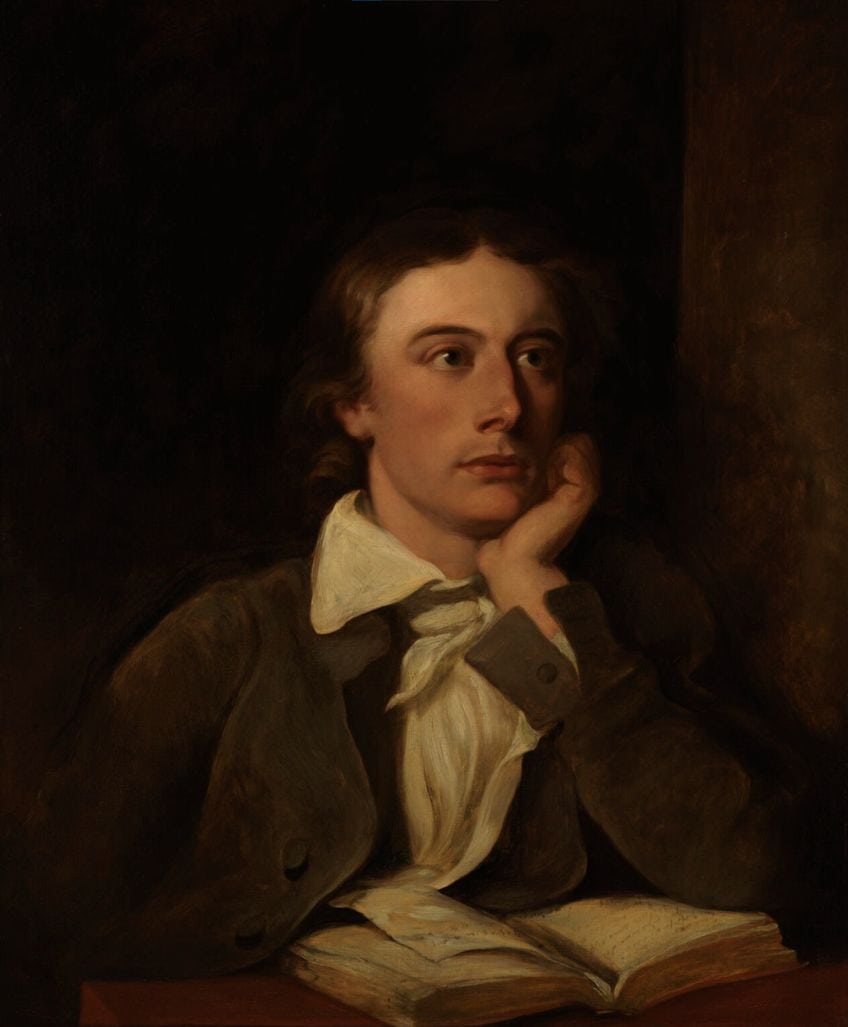
His work was not as well-received until after his death, but after he had passed away, his work would become considered some of the most seminal instances of Romantic poetry ever written with poems like Ode to a Nightingale and Ode to a Grecian Urn.
These are some of the most famous and widely cited examples of Romantic poetry ever written.
Edgar Allan Poe (1809 – 1849) from Boston
| Poetic Movement | Romanticism and Gothic |
| Years | 1809 – 1849 |
| Place of Birth | Boston, Maryland, United States |
| Known For | The Raven (1845) |
Edgar Allan Poe is one of the most famous poets from the United States, and an interesting figure because of his influence outside of the country. He is often noted for his wide range of literature and other writings, such as his short stories and criticism, but his poetry is seen as some of the best in the Romantic and Gothic traditions.
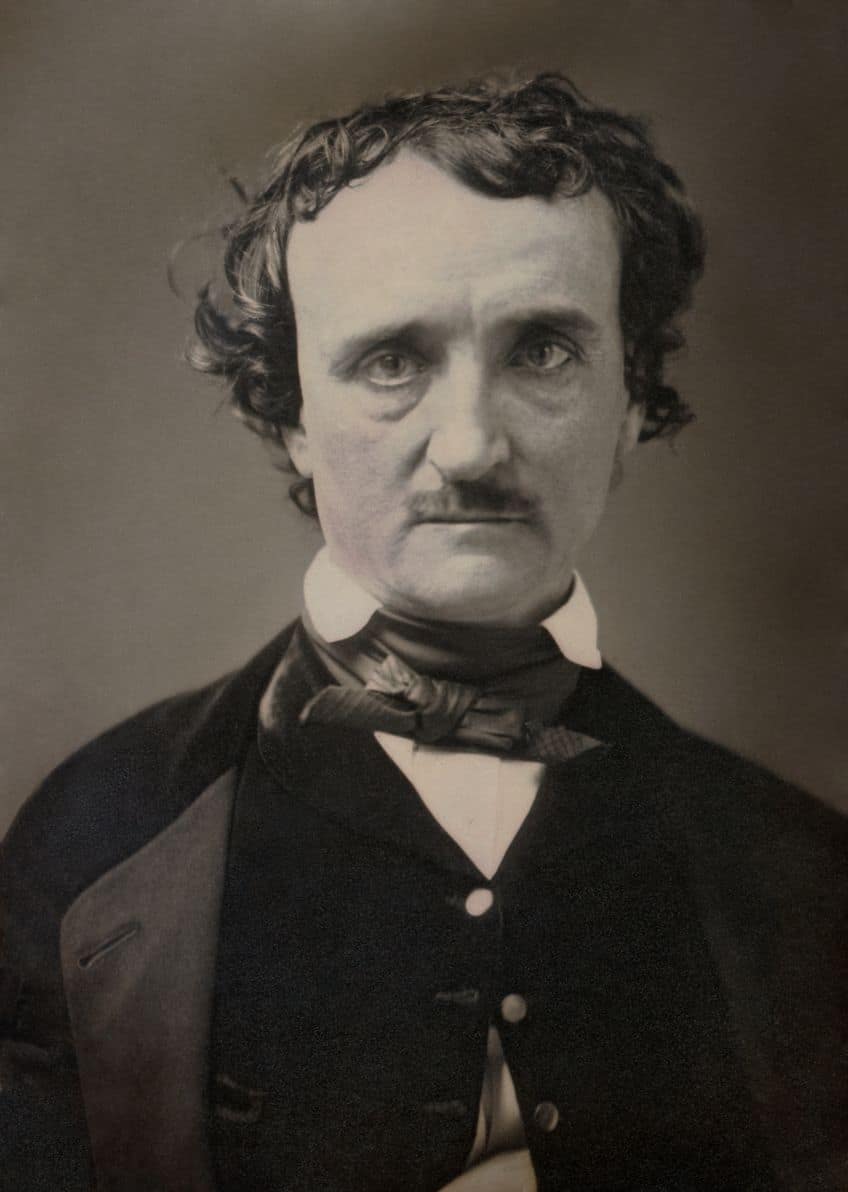
His best-known poem is, by far, The Raven, which shows the darker sensibilities under which he wrote. He never achieved much success in his life and, after passing away, was the subject of a ruthless campaign to undermine who he had been in life, but he has since become one of the most important American writers of all time.
In addition, he created the detective genre that would go on to inspire the works of figures like Arthur Conan Doyle’s Sherlock Holmes character.
Walt Whitman (1819 – 1892) from Huntington
| Poetic Movement | Free verse |
| Years | 1819 – 1892 |
| Place of Birth | Huntington, New York, United States |
| Known For | Leaves of Grass (1855) |
Walt Whitman is considered to be one of the most important and influential American poets of all time. His work was often a lot more realistic in its presentation, and he has come to be known as the “Father of Free Verse”.
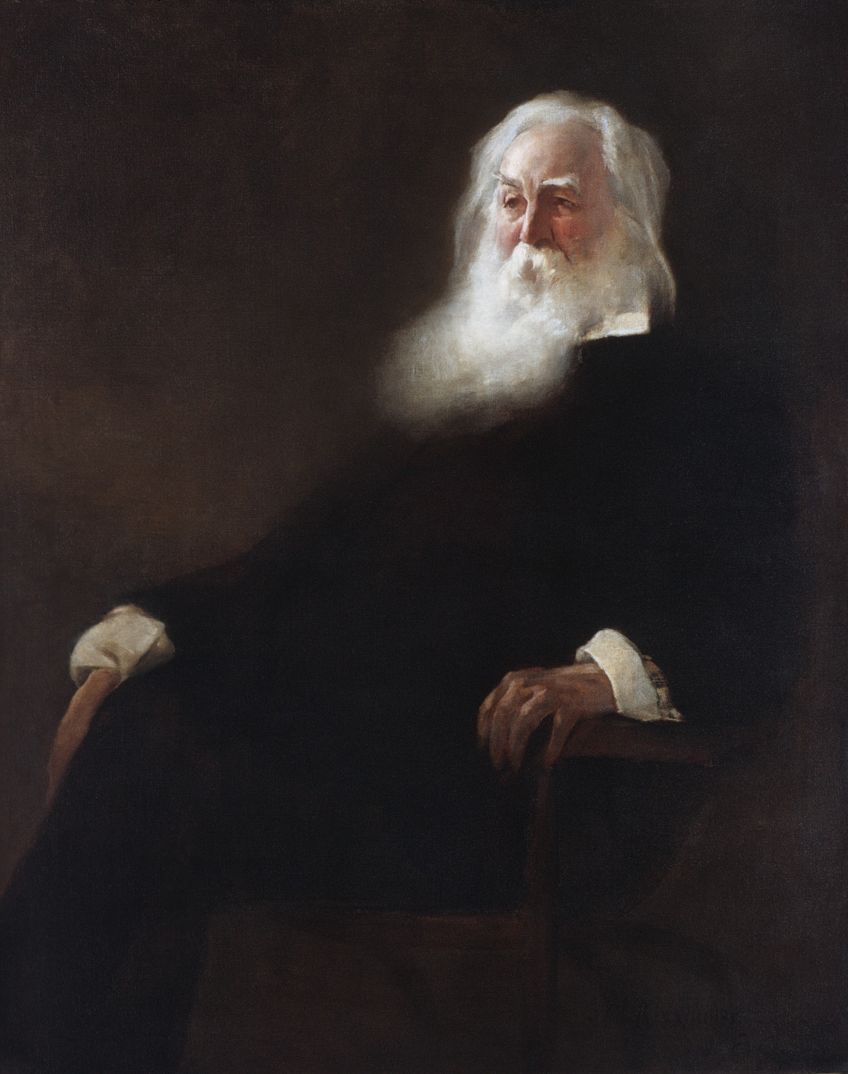
As free verse poetry has become a major aspect of poetry in the modern era, his influence cannot be understated. However, at the time, he was also considered controversial.
This was because of his cavalier attitude towards topics such as sexuality in some of his works.
Emily Dickinson (1830 – 1886) from Amherst
| Poetic Movement | Romanticism |
| Years | 1830 – 1886 |
| Place of Birth | Amherst, Massachusetts, United States |
| Known For | “Hope” is the thing with feathers (1861) |
Emily Dickinson was an American poet who went entirely unrecognized throughout the course of her life. Several of her friends were aware of her poetry, but it was only after she died, that a massive collection of poems was discovered.
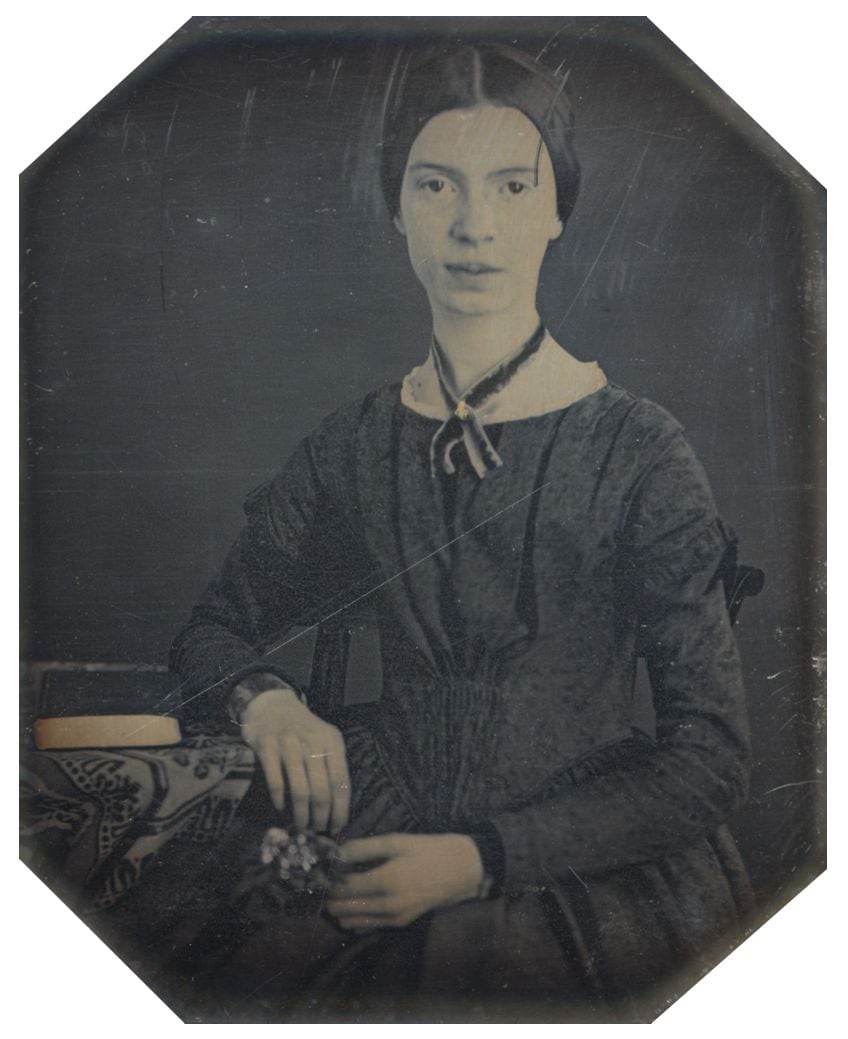
She has since become one of the most famous poets to have ever lived and an important figure for her free verse style, lack of conventional poetic rules, and slant rhyme work.
The combination of her eccentricity in life and her staggeringly prolific body of work has made her a figure of fascination for many.
Oscar Wilde (1854 – 1900) from Dublin
| Poetic Movement | Aestheticism |
| Years | 1854 – 1900 |
| Place of Birth | Dublin, Ireland |
| Known For | The Picture of Dorian Gray (1890) |
Oscar Wilde is known for far more than poetry, and he is likely best-known for being one of the most popular playwrights of his time.
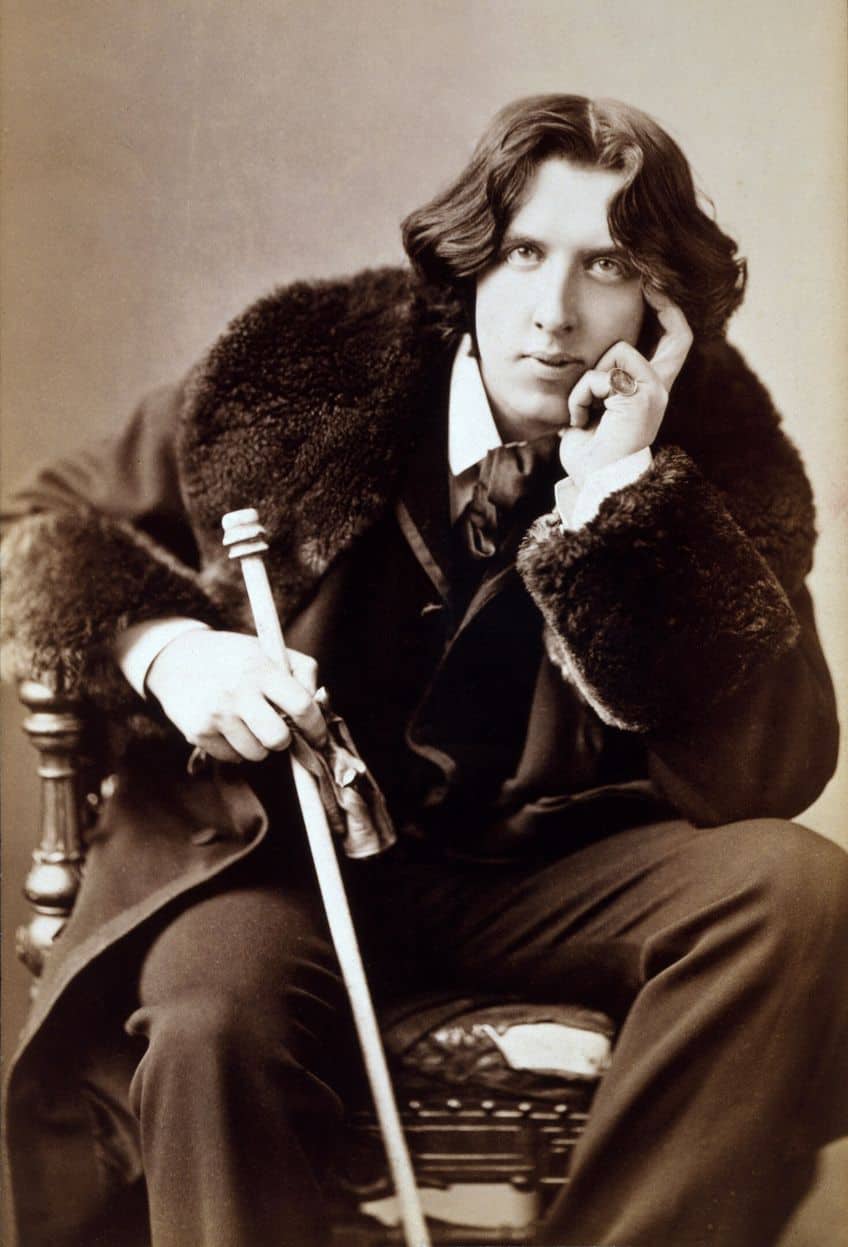
His personal life is what became some of the most well-known aspects of his history because while he was a poet and novelist on top of his work as a playwright, he was also caught up in a political and legal affair after being arrested, put on trial, and eventually arrested for homosexual acts. He has become an important figure in queer history.
His early death has contributed to his fame even though the last few years of his life were spent far from the kind of fame he had achieved prior to his conviction.
W. B. Yeats (1865 – 1939) from Sandymount
| Poetic Movement | Irish Literary Revival |
| Years | 1865 – 1939 |
| Place of Birth | Sandymount, Ireland |
| Known For | The Tower (1928) |
B. Yeats is one of the most famous and notable Irish poets who would have a major influence on Modernist poetry. His work was a major factor that led to the Irish Literary Revival era.
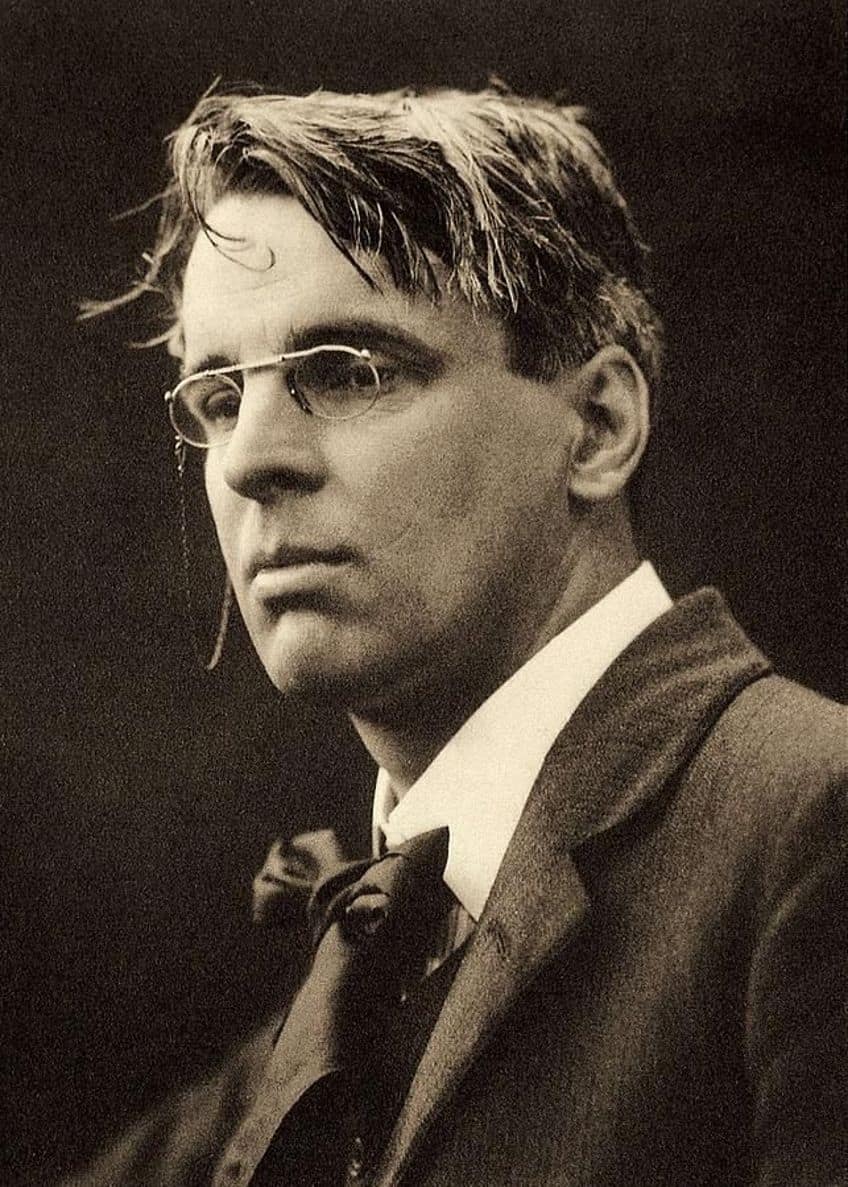
He eventually served as a politician in the Irish Free State and became a large enough figure in world literature that he was awarded the Nobel Prize for Literature in 1923.
Some of his most popular works include The Tower and The Winding Stair and Other Poems.
Ezra Pound (1885 – 1972) from Hailey
| Poetic Movement | Modernism |
| Years | 1885 – 1972 |
| Place of Birth | Hailey, Idaho, United States |
| Known For | Ripostes (1912) |
Ezra Pound is one of the most famous poets in the Modernist tradition and one of the most influential to have ever lived.
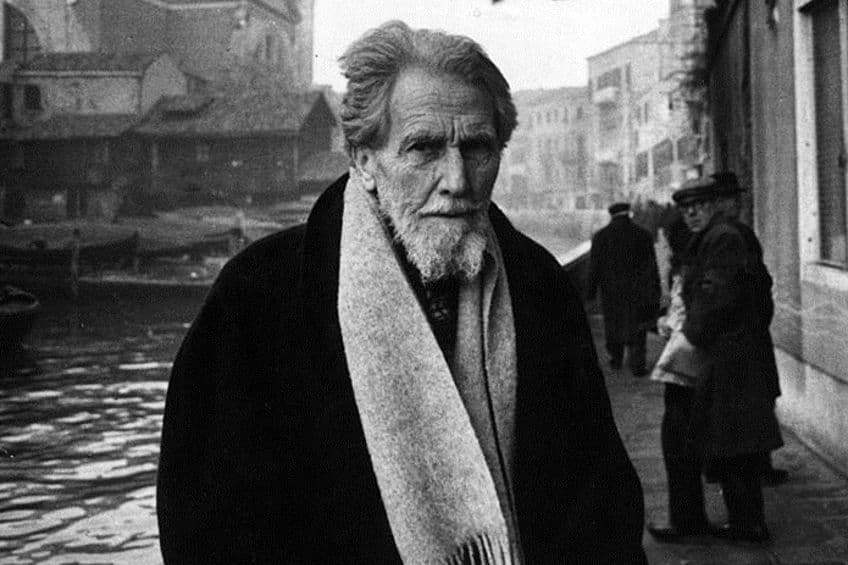
However, his work has become controversial because of his association with Italian fascism. He would be a friend of figures like T.S. Eliot, and some of his best-remembered works are ones such as The Ripostes.
Another great poem is his lengthy epic poem The Cantos.
T. S. Eliot (1888 – 1965) from St. Louis
| Poetic Movement | Modernism |
| Years | 1888 – 1965 |
| Place of Birth | St. Louis, Missouri, United States |
| Known For | The Waste Land (1922) |
T.S. Eliot was one of the most famous poets, but also an immensely important and significant figure in 20th-century literature in general. He wrote on a wide array of topics and in a number of mediums, such as poetry, essays, plays, and criticism.
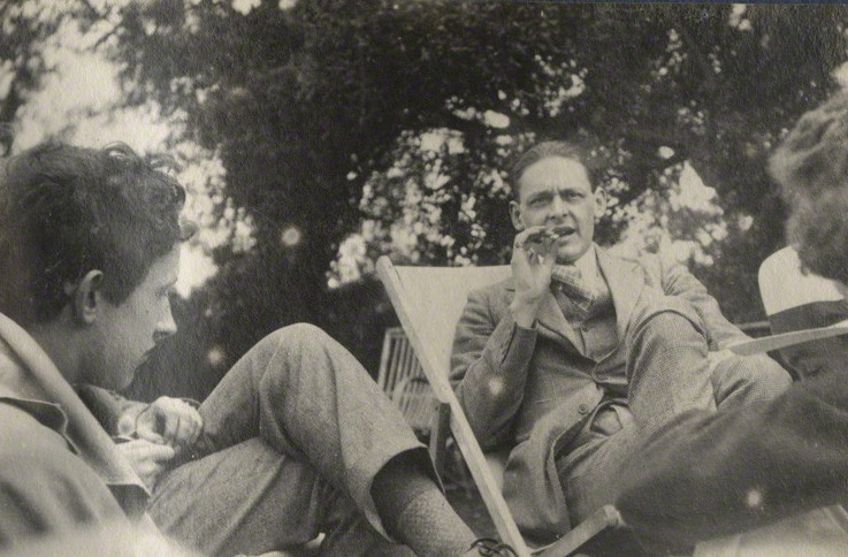
He was also an important figure in book publishing and became noted for discovering some of the most important figures of the 20th century. His works like The Waste Land and The Love Song of J. Alfred Prufrock have solidified his place as one of the most influential Modernist poets of all time.
However, his work is also often considered to be a driving force behind the proliferation of highly complex and difficult-to-read poetry that has come to dominate the way many people view poetry in the modern day.
e.e cummings (1894 – 1962) from Cambridge
| Poetic Movement | Modernism |
| Years | 1894 – 1962 |
| Place of Birth | Cambridge, Massachusetts, United States |
| Known For | Tulips and Chimneys (1923) |
e.e cummings, who often wrote his name in this stylized manner, was an important and influential figure in Modernist poetry.
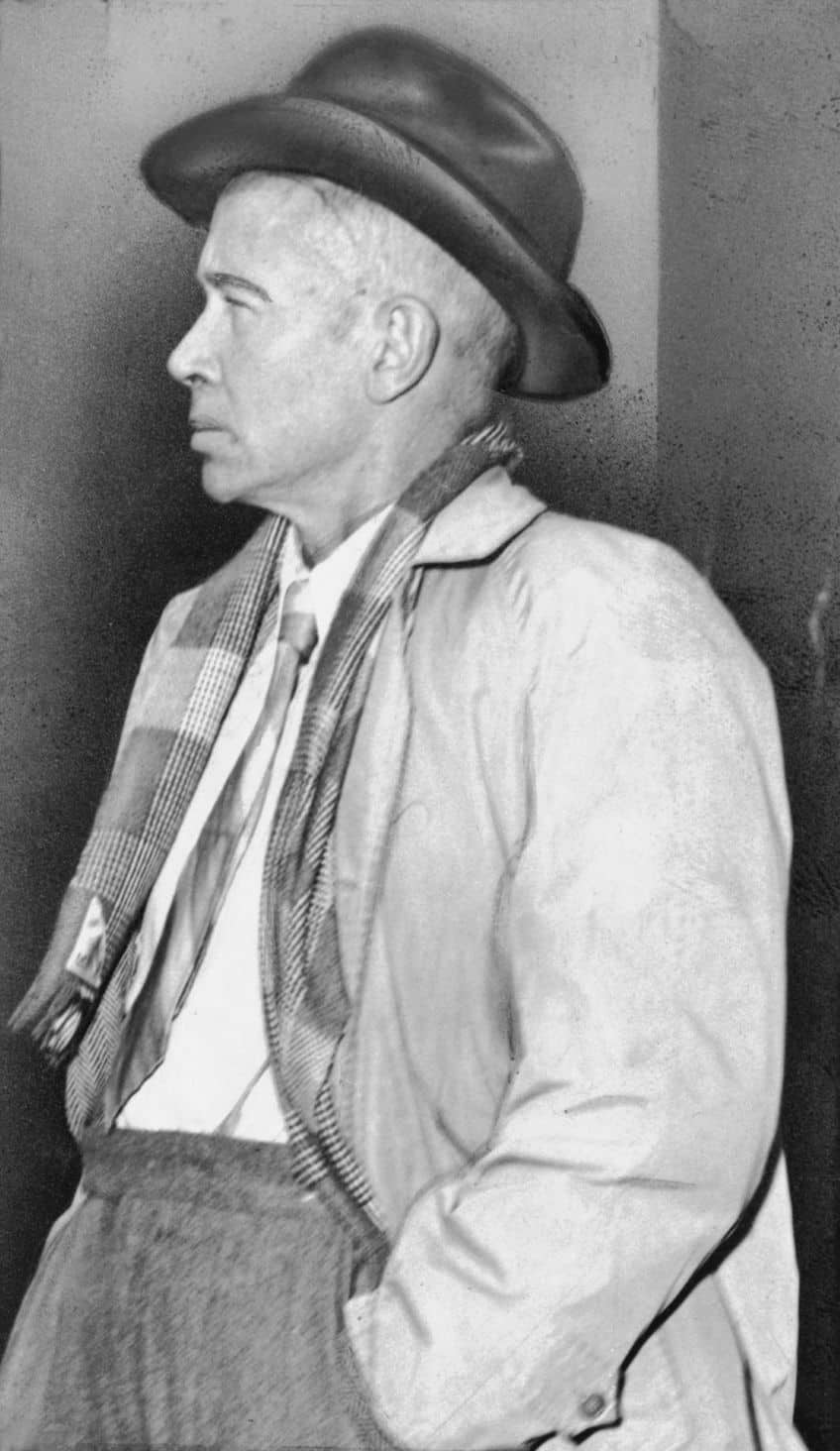
He is one of the most famous poets in the writing of free-form poetry that broke the conventions of ordinary poetry. He wrote thousands of poems over the course of his life, and they are often noted for their use of lower-case spelling, strange typographies, odd syntax, and a generally strange and unusual presentation.
His style of poetry would be emulated by many after his death and into the present day.
Charles Bukowski (1920 – 1994) from Andernach
| Poetic Movement | Dirty Realism |
| Years | 1920 – 1994 |
| Place of Birth | Andernach, Germany |
| Known For | Flower, Fist, and Bestial Wail (1960) |
Charles Bukowski is often considered to be one of the most famous poets in the 20th-century American literary scene.
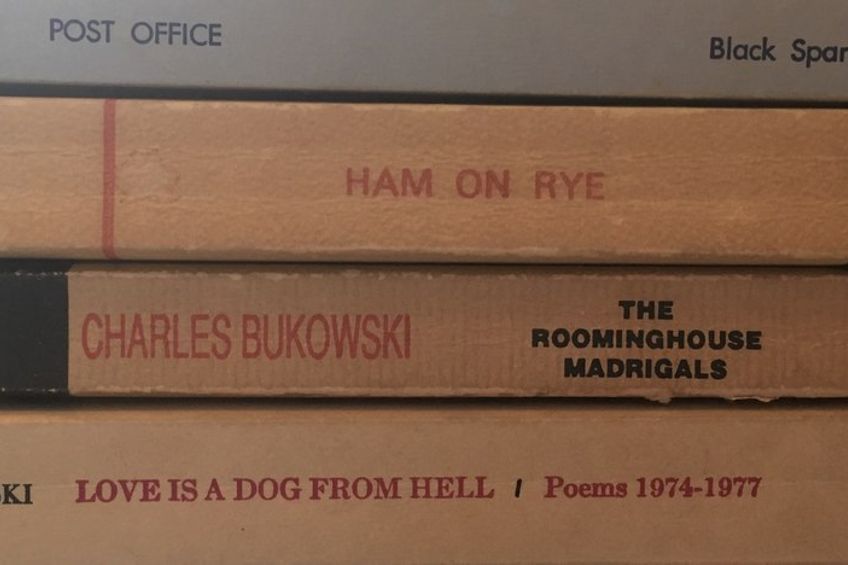
His work is often noted for being concerned with working-class people, alcoholism, writing, work, and women. He is often noted for having a far more obscene and frank means of expression than many poets are known to have, and for this reason, there are many who perceive his work to be vulgar and crass.
However, his realistic and frank portrayals of the real world have made him a notable and often-loved figure in American literary history.
Ted Hughes (1930 – 1998) from Mytholmroyd
| Poetic Movement | Modernism |
| Years | 1930 – 1998 |
| Place of Birth | Mytholmroyd, United Kingdom |
| Known For | The Hawk in the Rain (1957) |
Ted Hughes was an important poet in the 20th century and has often been considered one of the best of his time. His work is often concerned with animals, and he is noted for having a realistic portrayal of aspects such as animal behavior in many of his most popular works.
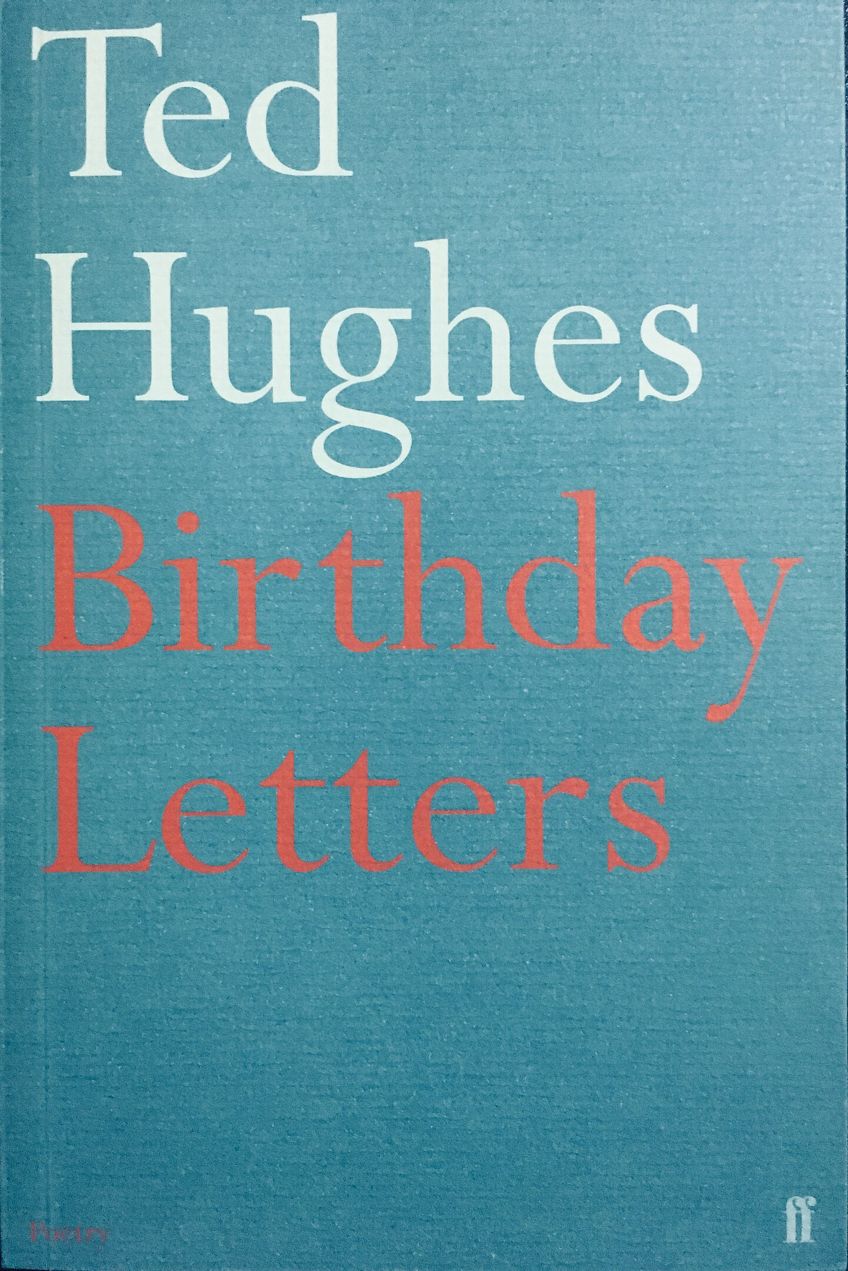
One of the things for which he is perhaps best known is his marriage to Sylvia Plath, who committed suicide while they were still married to one another.
After her death, he continued to write and eventually attained the title of Poet Laureate.
Sylvia Plath (1932 – 1963) from Boston
| Poetic Movement | Confessional |
| Years | 1932 – 1963 |
| Place of Birth | Boston, Massachusetts, United States |
| Known For | The Colossus and Other Poems (1960) |
Sylvia Plath is one of the most famous poets to have ever lived, but she passed away at a young age after taking her own life. Her poetry, and her one novel, have made her one of the most notable writers of the 20th century. Her work often dealt with mental illness and her life as a woman. She was an important figure in the establishment of confessional poetry, and she became a feminist and mental health icon after her passing.
And with this final entry in our list, we come to the conclusion of our look at the most famous poets in history. While this list can certainly be considered incomplete, as there could be others that would be beneficial to add to this list, this article should give a good overview of many of the most popular poets in history. There are many other famous poets in the world who have written in a variety of time periods, for a number of purposes, and in a multitude of languages, but alas we did not have space for everyone!
Frequently Asked Questions
What Is a Poet?
In an incredibly basic sense, a poet is a person who writes poetry. In the same way that a novelist is a person who writes novels, or a filmmaker makes films, a poet produces poetry. However, there are often many associations that come with the label. Poets are often noted for their imaginative or expressive abilities and a clear command of the language that they use in their poetry. They are generally seen as those who are capable of distilling thought into an evocative form that often requires some kind of deeper interpretation to understand, although this is not always the case.
Who Is the Most Influential Poet in the English Language?
It’s quite possible that the most influential writer in the English language, in general, is William Shakespeare. However, his work in poetry may not be as influential. While he did write a few poems that were not sonnets, the vast majority of his poetic output was in the Shakespearean sonnet form. This form is not as common as it used to be, but after Shakespeare, it is possible that the Romantics were the most influential. They were influential as a movement, and none of them as individuals were as influential as Shakespeare.
Who Is the Most Famous Living Poet?
Determining the most famous poets who are still alive can be a difficult thing, as many poets become immensely famous after their death. However, figures like Wendell Berry and Carol Ann Duffy are considered to be some of the most popular poets who are still alive. In addition, figures like Margaret Atwood, who is likely best known in the public consciousness for novels such as The Handmaid’s Tale (1985), are also renowned poets despite being better known for other mediums. Determining a definitive answer to a question such as this is a difficult thing to accomplish.
Are Poets As Popular As They Used to Be?
This is a difficult question, as contemporary poets are often not as elevated as some of the most famous poets in history used to be elevated, but there are more poems being produced than ever before (along with more of every artistic medium). There are more places to publish poetry and to read poetry, and if we also look to lyric-based music, which often follows poetic rules, then some of the most popular musicians are also some of the most popular poets. However, there can also be arguments made that many of these kinds of poems are not as revered as poems from the past, but this could also change as what is contemporary now becomes historical in the coming decades and years.
What Is the Most Famous Poetry Movement?
It is likely that the Romantic movement is the most famous of all the poetry movements. The reason for this is because many of the primary figures within the Romantic movement also became akin to celebrities, and some members of the movement, such as Lord Byron, became known for their off-the-page behavior. Their work was often focused on emotionality, a celebration of the natural world, a critique of the developed world, and individuality.
Justin van Huyssteen is a freelance writer, novelist, and academic originally from Cape Town, South Africa. At present, he has a bachelor’s degree in English and literary theory and an honor’s degree in literary theory. He is currently working towards his master’s degree in literary theory with a focus on animal studies, critical theory, and semiotics within literature. As a novelist and freelancer, he often writes under the pen name L.C. Lupus.
Justin’s preferred literary movements include modern and postmodern literature with literary fiction and genre fiction like sci-fi, post-apocalyptic, and horror being of particular interest. His academia extends to his interest in prose and narratology. He enjoys analyzing a variety of mediums through a literary lens, such as graphic novels, film, and video games.
Justin is working for artincontext.org as an author and content writer since 2022. He is responsible for all blog posts about architecture, literature and poetry.
Learn more about Justin van Huyssteen and the Art in Context Team.
Cite this Article
Justin, van Huyssteen, “Most Famous Poets – The Top 20 Best Writers of Prose.” Art in Context. September 22, 2023. URL: https://artincontext.org/most-famous-poets/
van Huyssteen, J. (2023, 22 September). Most Famous Poets – The Top 20 Best Writers of Prose. Art in Context. https://artincontext.org/most-famous-poets/
van Huyssteen, Justin. “Most Famous Poets – The Top 20 Best Writers of Prose.” Art in Context, September 22, 2023. https://artincontext.org/most-famous-poets/.



